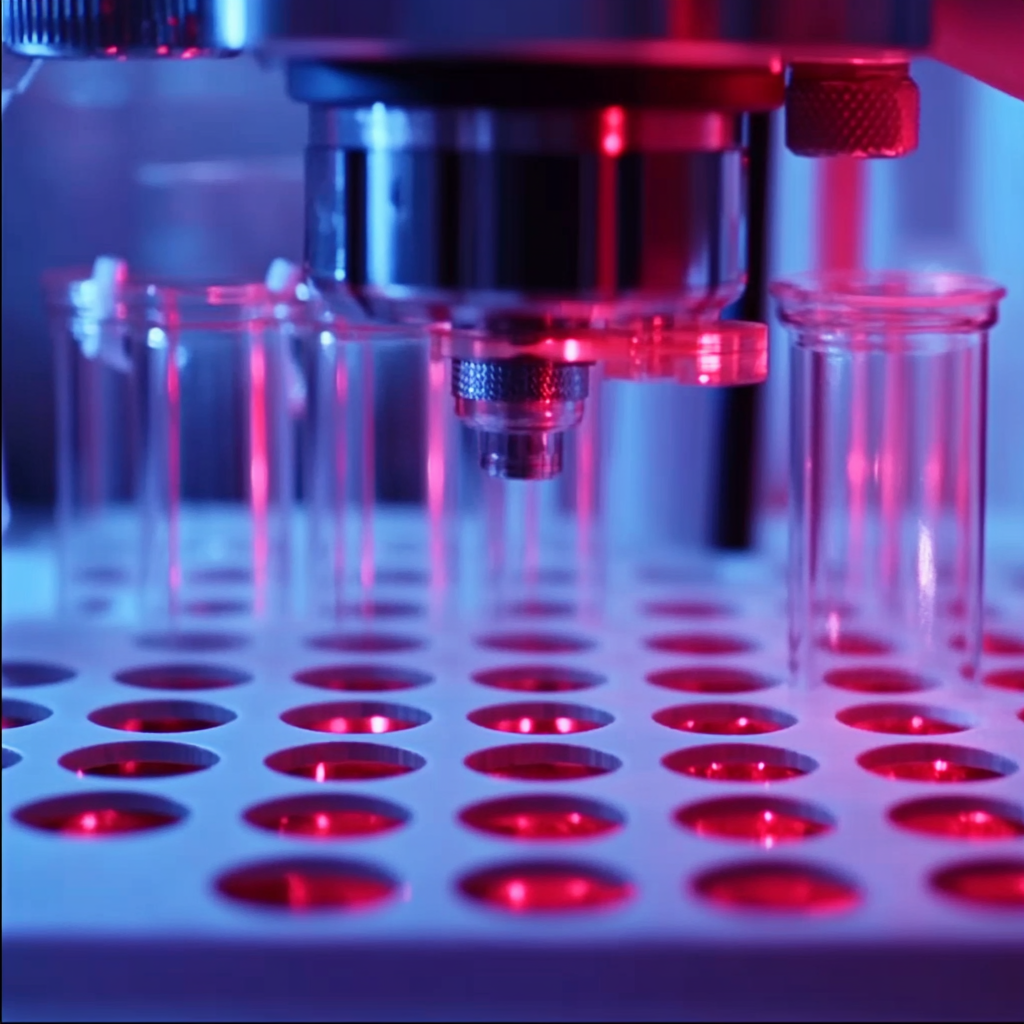Daratumumab in transplant-eligible patients with newly diagnosed multiple myeloma: final analysis of clinically relevant subgroups in GRIFFIN
Blood Cancer J. 2024 Jul 8;14(1):107. doi: 10.1038/s41408-024-01088-6.
The GRIFFIN study (NCT02874742) investigated daratumumab plus lenalidomide/bortezomib/dexamethasone (D-RVd) in newly diagnosed multiple myeloma (NDMM) patients who are eligible for transplant. The study’s final analysis focused on subgroups, including those with high-risk cytogenetic abnormalities (HRCAs). The results showed higher rates of minimal residual disease-negativity with D-RVd compared to RVd in various subgroups, indicating potential benefits of D-RVd in these patients.
Key Findings:
- Higher minimal residual disease-negativity rates with D-RVd in patients ≥ 65 years, with HRCAs, and with gain/amp(1q21)
- Trend toward improved progression-free survival with D-RVd in patients ≥ 65 years, with HRCAs, and with gain/amp(1q21)
- Higher grade 3/4 treatment-emergent adverse event rates with D-RVd in patients ≥ 65 years
The results suggest that adding daratumumab to RVd may benefit transplant-eligible patients with high-risk NDMM. These findings provide valuable insights for clinical decision-making and potential treatment strategies.


























